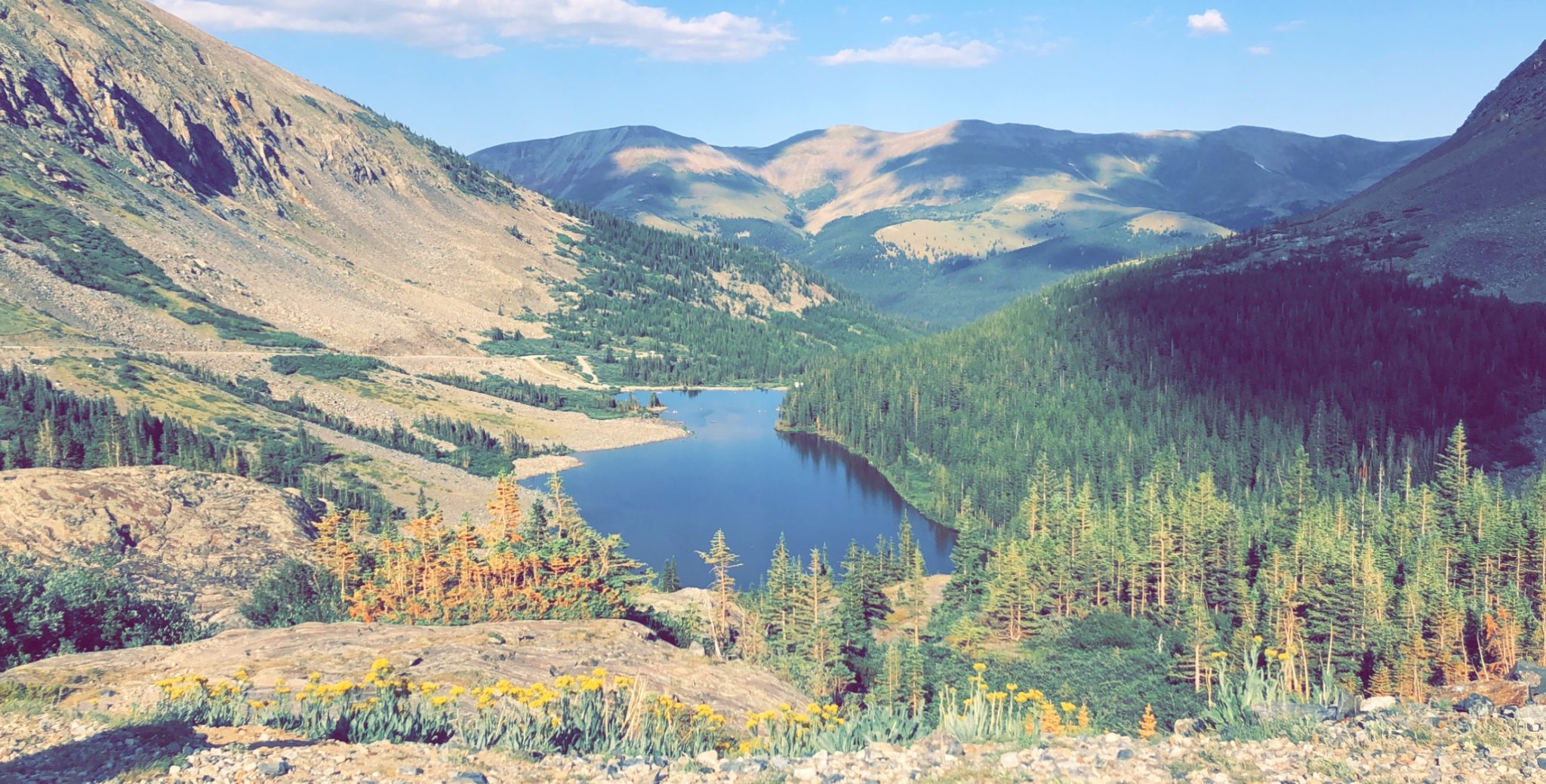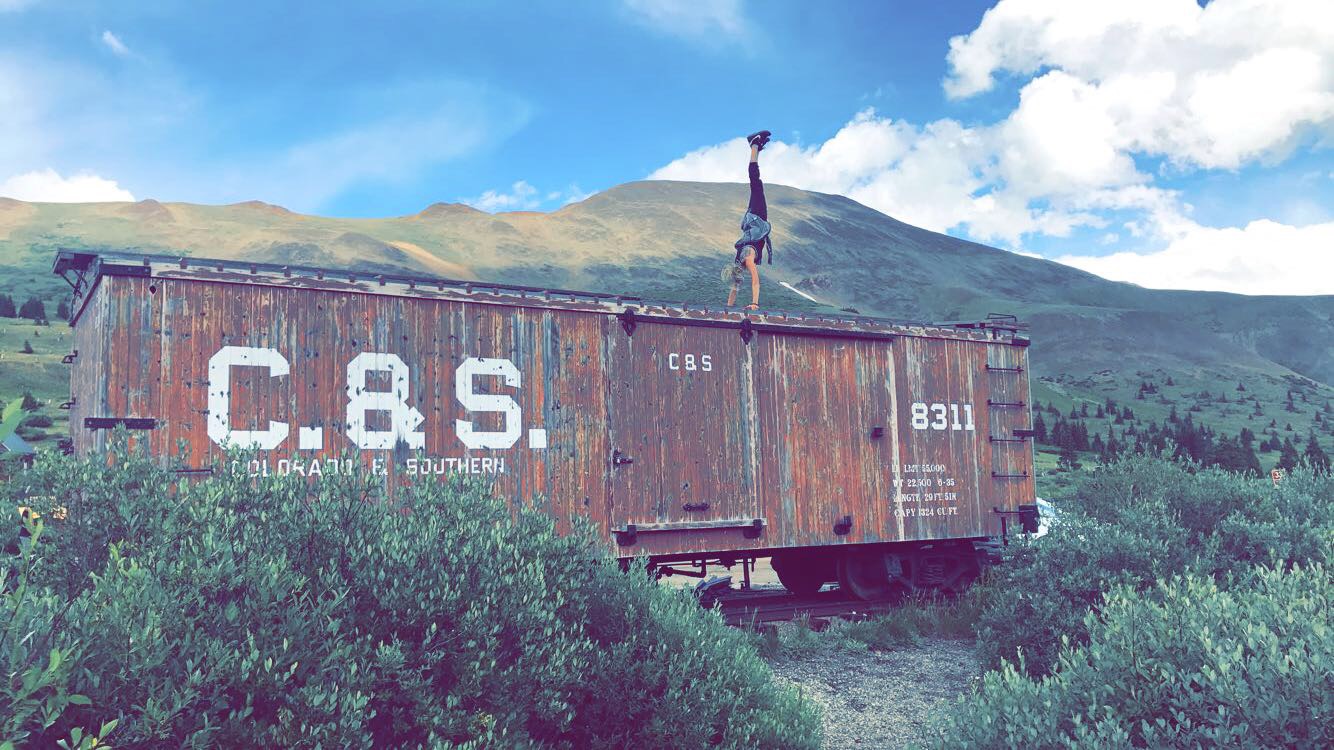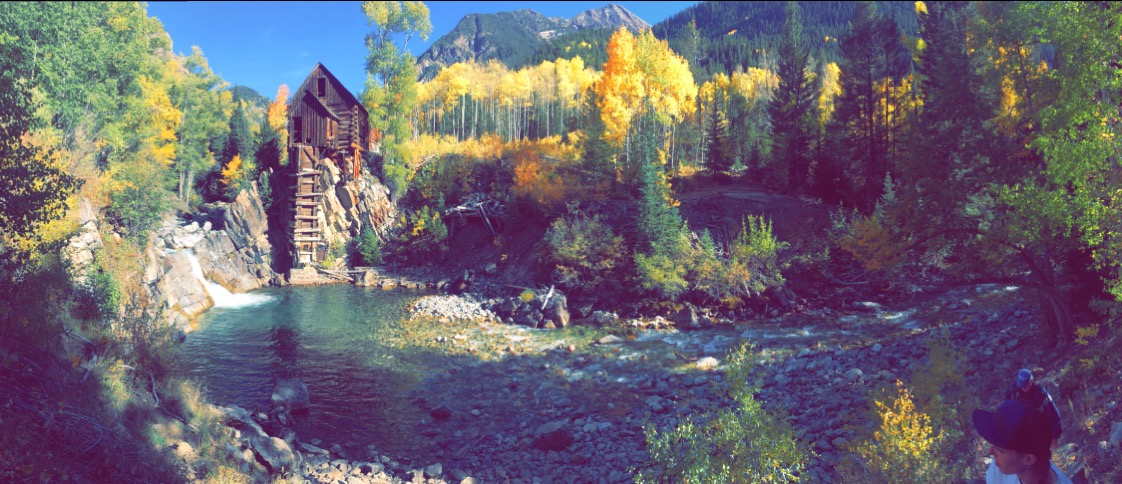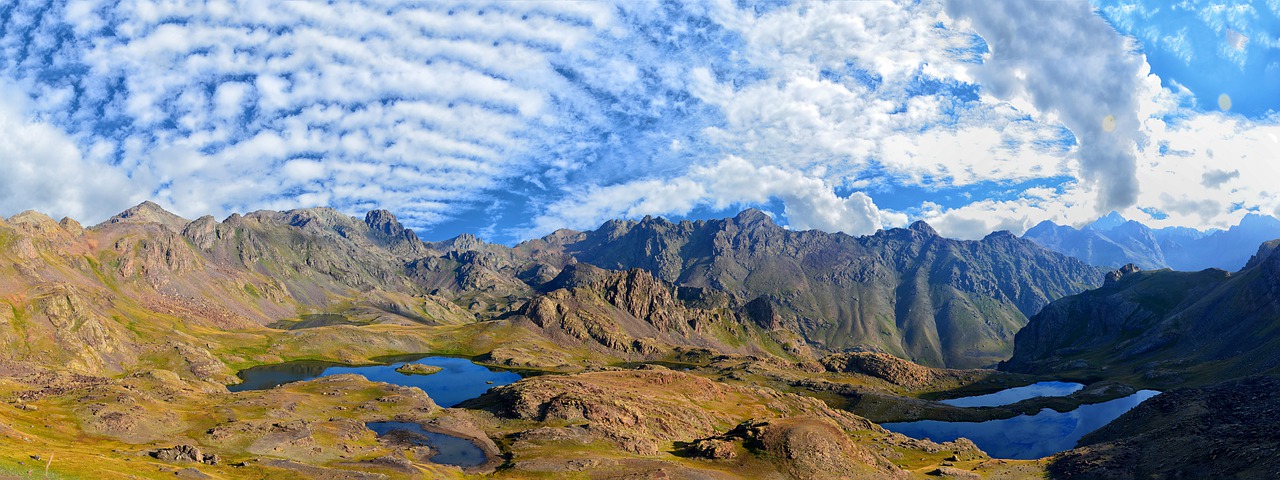Acute Mountain Sickness (AMS)
Acute Mountain Sickness (AMS) is very common. The symptoms occur when a person walks, hikes or drives to a higher elevation from sea level too quickly. It feels similar to that of a hangover and usually causes dizziness, headaches, muscle aches, fatigue, shortness of breath, difficulty sleeping and nausea. Usually these experiences will happen when you reach 8,000 feet or more.
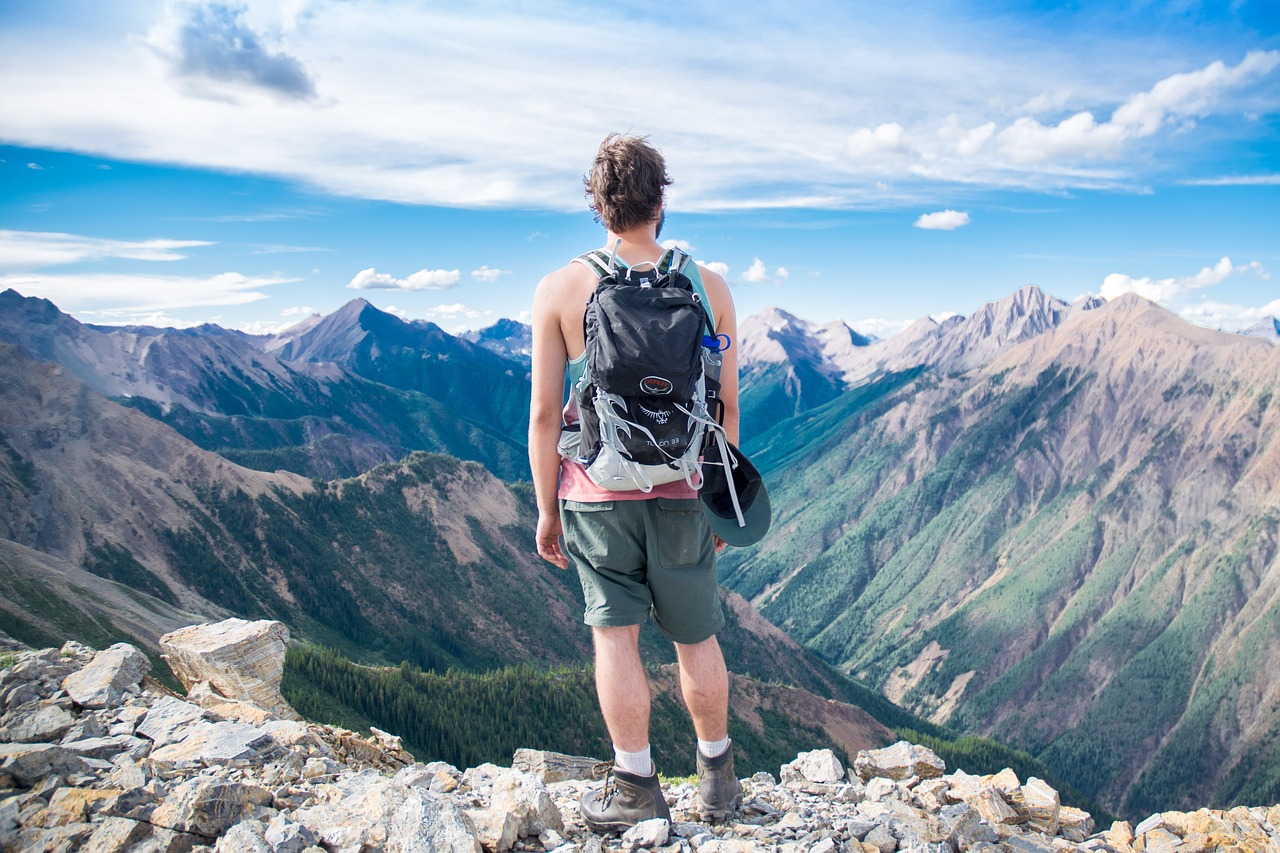
High Altitude Pulmonary Edema (HAPE)
High Altitude Pulmonary Edema (HAPE) is a buildup of fluid in the lungs. This can be extremely dangerous and even life threatening. In extreme cases you could experience an inability to walk, confusion, a persistent cough producing frothy substance, shortness of breath even when resting and even coma. If you feel like your symptoms are getting worse instead of adjusting accordingly, you might need to seek immediate medical attention as well as getting to a lower altitude as soon as possible.
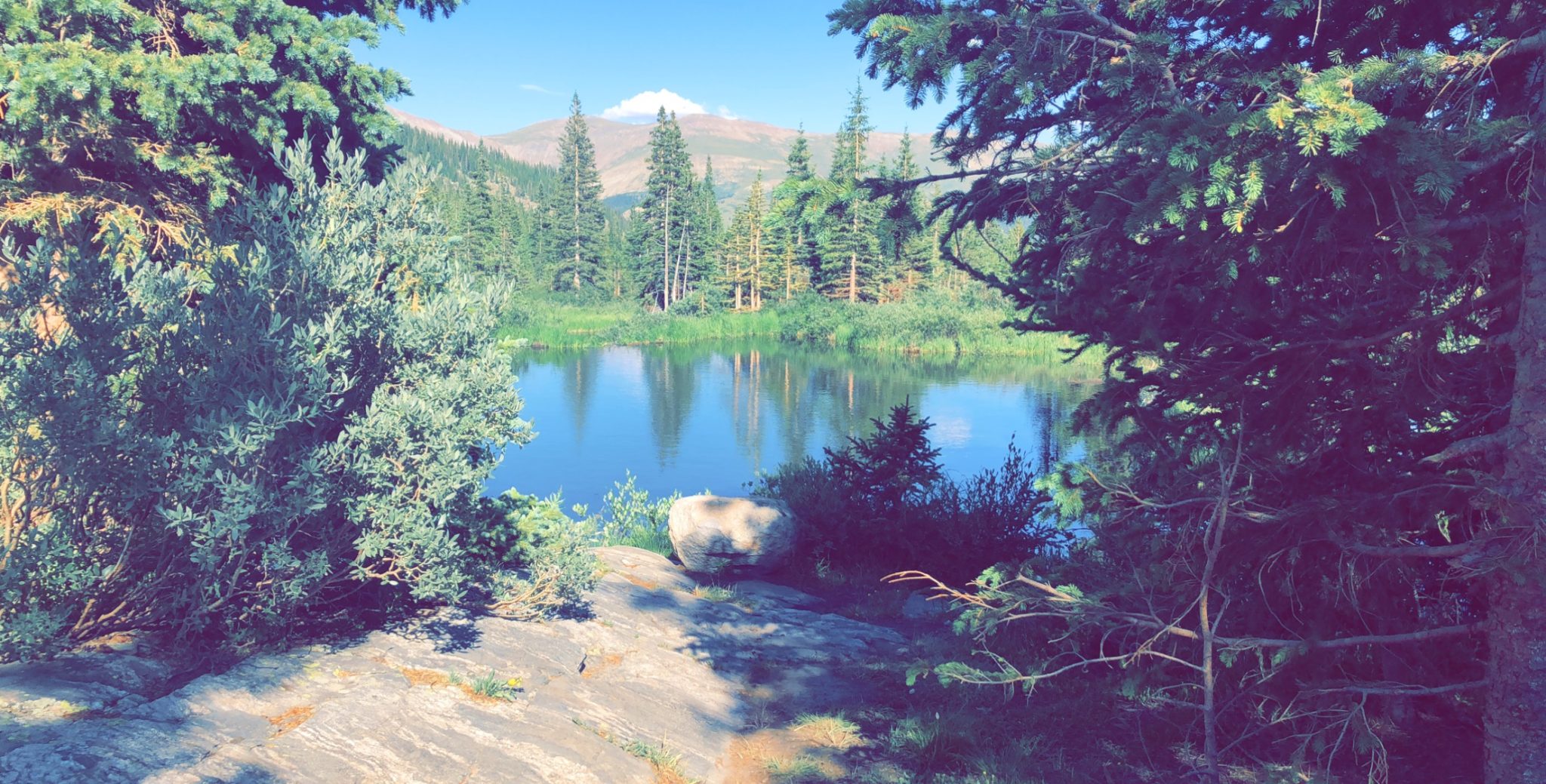
Anyone Can Get Altitude Sickness
You may think that you’re insusceptible to AMS and HAPE if you’re in great shape or eat healthy, but that’s actually not the case. Even pro athletes and nutritionists can be affected. The main factors are usually based on factors like elevation and how soon you reached that elevation. There area also other variables such as lung and heart conditions that may come into play, but not always.
Acclimation Takes Time
When it comes to altitude, take it slow. Acclimation takes time and can not be rushed. Usually it takes 2-3 days to fully acclimate, depending on various factors. Move up to higher elevations gradually to acclimate without issues. You’ll definitely need to drink plenty of water and eat lots of carbs! Alcohol, weed, tobacco and most medications should be avoided. Talk to your doctor if you aren’t sure about the effects that altitude can have on your medical condition or the medications you’re taking. If you have a heart or lung condition, you’ll want to take extra cautions and pay attention to signs and symptoms that may develop as you travel to higher elevations.
What Can You Do?
If you’re feeling sick, avoid exercising, smoking, drinking alcohol, taking unnecessary medications, and don’t go higher for another 24-48 hours. There are ways to feel better if you’re already feeling awful. Try oxygen bars, water, carbs, ibuprofen, anti-nausea medications, vitamin C, E, magnesium, electrolytes and Alpha Lipoic Acid. Hopefully this information is helpful, please seek medical attention if your symptoms are worsening!

